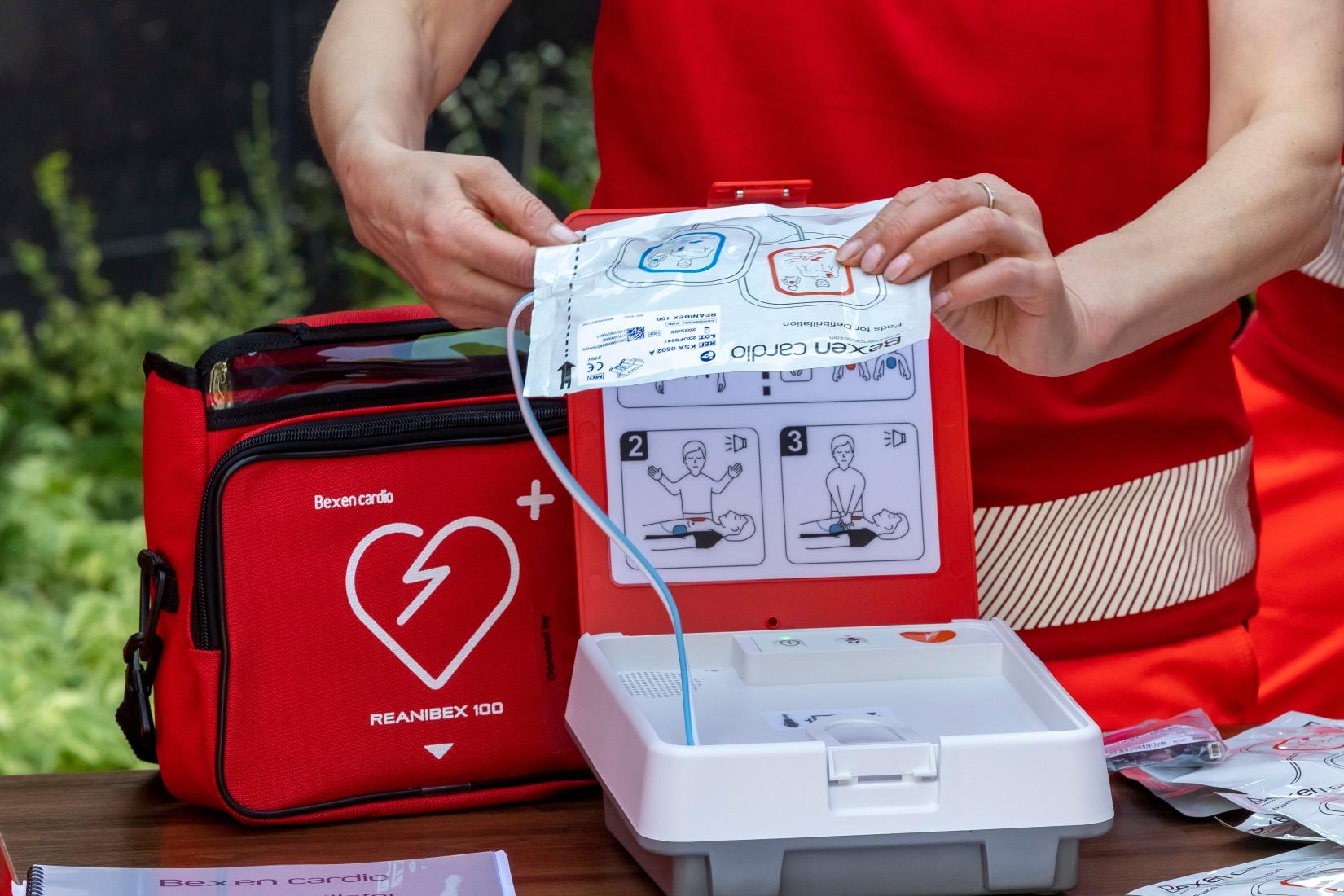Life-Saving Equipment Donated by UNFPA Moldova to the National Center for Prehospital Emergency Medical Assistance
17 August 2023
- Today, on August 17, 2023, the United Nations Population Fund (UNFPA) has provided the National Center for Prehospital Emergency Medical Assistance (NCPEMA) with 20 portable semi-automatic defibrillators to aid in resuscitating critically ill patients.

These devices empower medical personnel to swiftly and efficiently administer first aid to individuals facing cardio-respiratory arrest, regardless of whether they are adults or children. Defibrillators are also crucial for patients with severe cardiac arrhythmias, as their application enables the restoration of normal heart rhythm and the prevention of fatal outcomes.
The donated equipment automatically monitors heart rhythm and indicates the need for defibrillation, concurrently offering crucial vocal instructions to medical staff on the necessary actions to take.
The total value of this donation is 475,000 lei.
The defibrillators will be distributed to the ambulance teams, particularly in regions near the borders with Ukraine. As a result, both refugees from Ukraine and the population of the Republic of Moldova will benefit from prompt and high-quality prehospital emergency medical services, thereby enhancing the chances of survival for critically ill patients.
Due to their portability, these specialized devices enhance the mobility of medical personnel, enabling them to address an average of over 50,000 requests annually.
According to statistics, in the Republic of Moldova, Prehospital Emergency Medical Assistance teams handle around 800,000 requests each year. Notably, since the onset of the conflict in Ukraine, assistance has been provided in response to over 15,000 requests from refugees.
We would like to remind that earlier this year, as part of our support for the Ministry of Health's efforts to enhance the capacity of prehospital emergency medical services, UNFPA donated 20 new ambulances to NCPEMA. The defibrillators donated today complement the initiatives aimed at strengthening the resilience of the healthcare system during crises.



